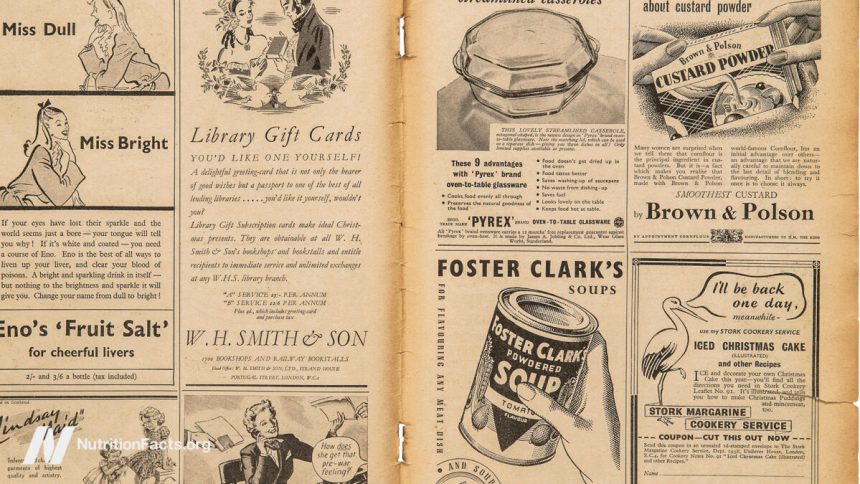We all like to believe that we make important life decisions consciously and rationally, but the obesity epidemic suggests otherwise. The Institute of Medicine’s report highlighted the power of marketing, stating that “Marketing works.” Research has shown that exposure to marketing, especially advertising, influences people’s eating behavior, causing them to eat more. The industry spends billions on marketing because it is effective. An experiment on in-store music influencing product choice demonstrated the subtle impact of marketing on consumer decisions. Our unconscious brain guides most of our behaviors, especially when under stress or distracted. We are easily influenced by marketing manipulations, as our brain can only process a limited amount of information at once. The overload effect can lead to impulsive decisions, as shown in a study involving fruit salad and chocolate cake choices. Marketing can further influence our choices, especially when we are preoccupied or distracted. Calls for restrictions on marketing are often met with resistance in the name of freedom, but research suggests that our free choices can be easily influenced without our conscious control. Personal responsibility in the obesity epidemic is a complex issue that warrants further discussion. The role of marketing and personal responsibility will be explored in the next video.






